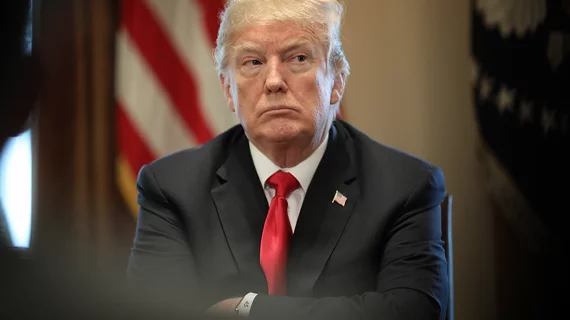Year-end spending bills include millions toward key radiology research efforts
Along with repealing the controversial medical device tax, the year-end spending bill signed by President Trump Dec. 20 will also steer millions toward research that’s key to radiologists’ work.
The American College of Radiology recently highlighted some these funding allocations in a news item release late last month. The package of several spending bills includes, among other things, $41.7 billion to the National Institutes of Health. That represents a $2.6 billion jump from the previous year’s allocation and $7.5 billion more than President Trump’s budget request.
Recipients of the NIH funding for this year will include the “All of Us” precision medicine initiative ($500 million), the Cancer Moonshot ($195 million), and the Childhood Cancer Data Initiative ($50 million), ACR noted. The Agency for Healthcare Research and Quality will also receive $338 million in funding under the spending package.
In a separate post, ACR noted that year-end spending packages also included “a hard-fought provision to restore and extend” for radiopharmaceutical drugs used in the ““Imaging Dementia—Evidence for Amyloid Scanning (IDEAS)” Study.

